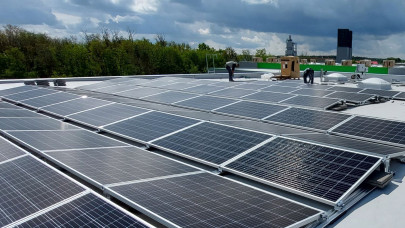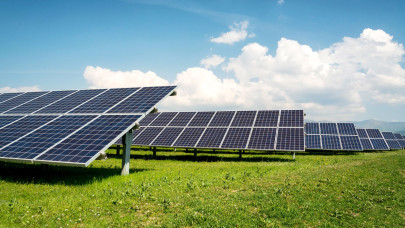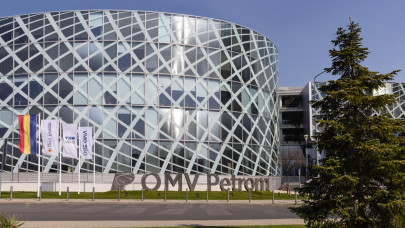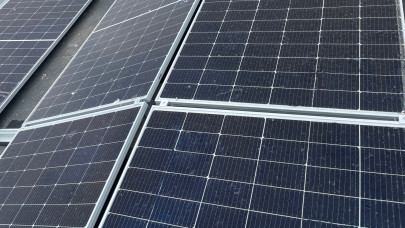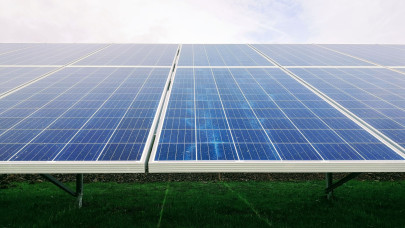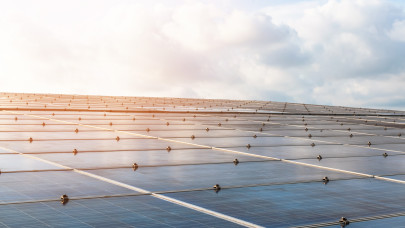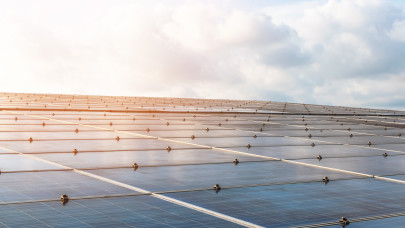According to the company's estimates, the photovoltaic system will lead to a reduction in electricity costs for the zoo of around €1.17 million. It will also lead to a reduction of the beneficiary's carbon footprint of around 48 tonnes over the next 20 years.
Thus, Baneasa Zoo will amortize its investment in this photovoltaic system in less than three years. About 94% of the electricity produced will be intended for consumption, and the remaining 6% will be sold in the network.
The assembly of the photovoltaic plant was done in July, and the verification and commissioning tests lasted about a week and were completed including changing the status of the beneficiary from consumer to prosumer.
Ascorp Rețele Electrice won the contract following a tender.
"Meeting the beneficiary's desire to reduce its own consumption of electricity produced from fossil fuel sources, by at least 10% - according to the announcement from October 2022 - Ascorp analyzed and decided to participate in the public procurement procedures, regarding the design and building the desired photovoltaic system. Based on the experience of over ten years in the electricity and renewable energy market, and at the same time the full compliance with the selection criteria, Ascorp was designated as a partner in the implementation of this project", says the company
The company will also ensure the maintenance of the photovoltaic system.
"The objectives pursued were the reduction of electricity consumption, the creation of energy models of good practice, which can be used to replicate specific solutions at the level of other public buildings in Romania, and the active awareness of the public regarding the results of the production and use of electricity from renewable sources, the company says," the company also says.


